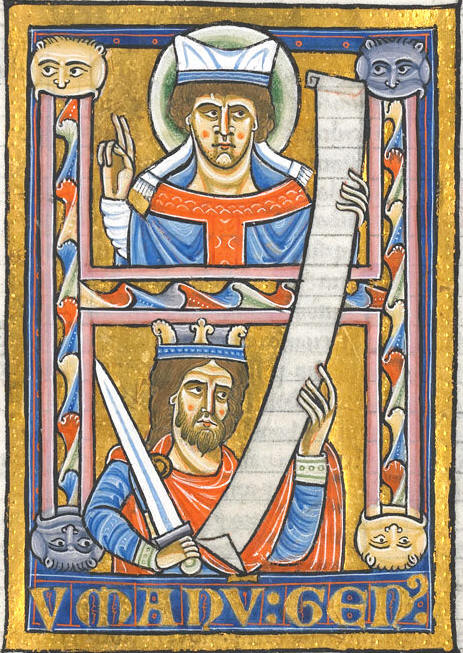
Troyes, Bibliotheque municipale 103, fol. 1r
Gratian, Decretum
Lotte Kéry, "Inquisitio - denunciatio - exceptio: Möglichkeiten der Verfahrenseinleitung im Dekretalenrecht," Zeitschrift der Savigny-Stiftung für Rechtsgeschichte, Kanonistische Abteilung 87 (2001) 226-268.
Wilfried Trusen, "Die Inquisitonsprozess: Seine historischen Grundlagen und frühen Formen," Zeitschrift der Savigny-Stiftung für Rechtsgeschichte, Kan. Abt. 74 (1988) 168-230 and "Das Verbot der Gottesurteile und der Inquisitionsprozess: Zum Wandel des Strafverfahrens unter dem Einfluss des gelehrten Rechts im Spätmittelalter," Sozialer Wandel im Mittelalter: Wahrnehmungsformen, Erklärungsmuster, Regelungsmechanismen, ed. Jürgen Miethke und Klaus Schreiner (Sigmaringen: Jan Thorbecke Verlag, 1994) 235-247.